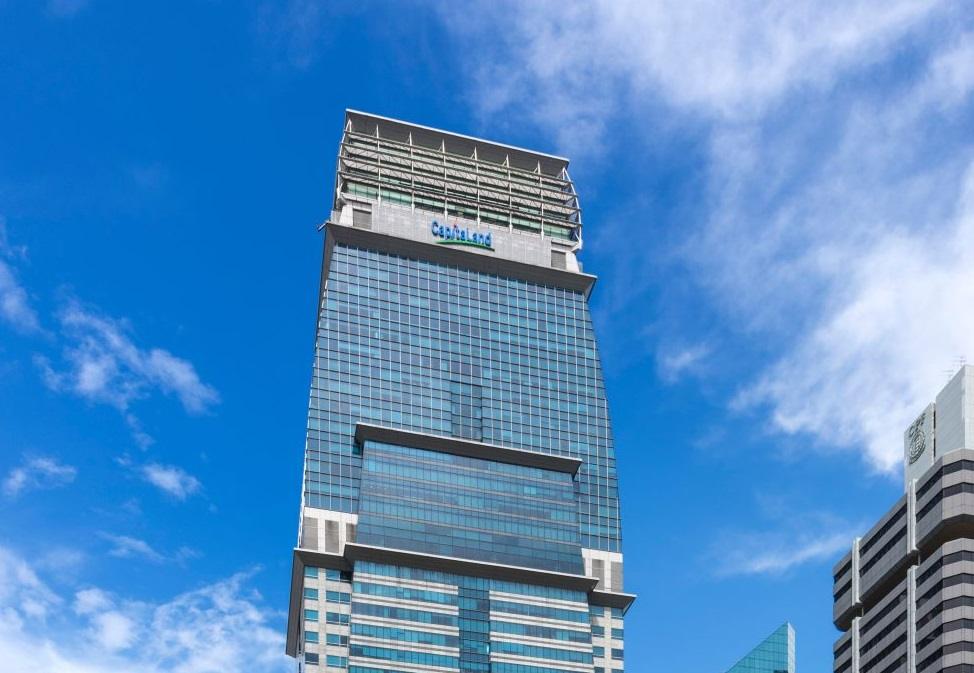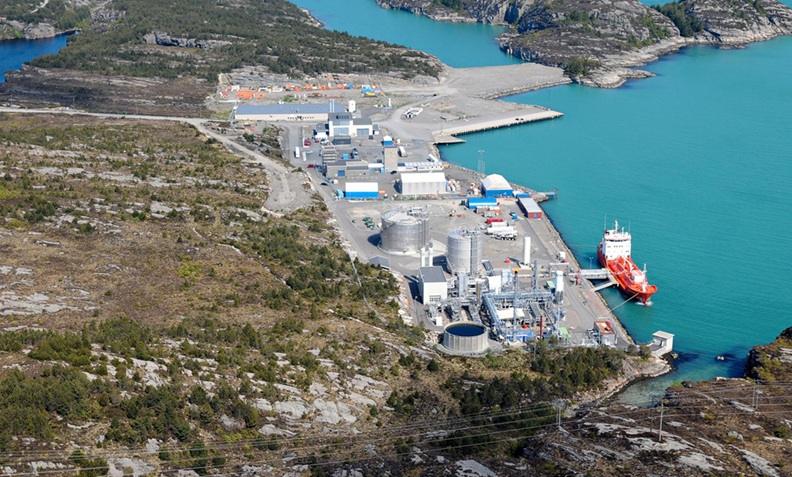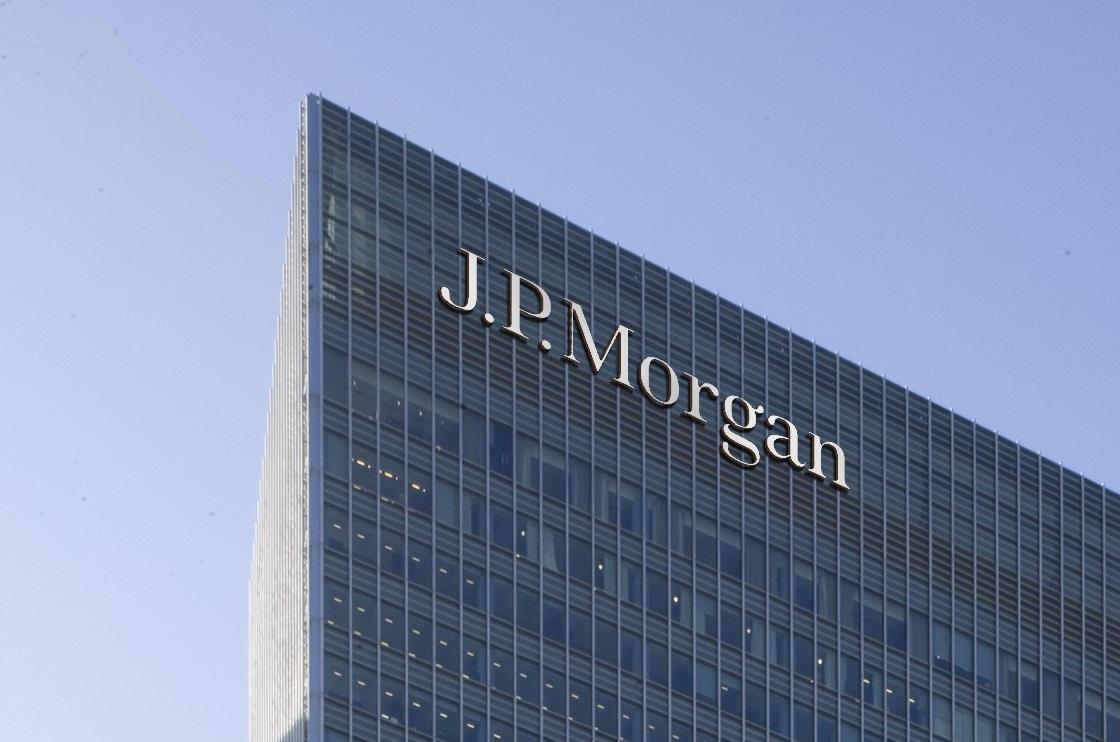Real Estate Investor CapitaLand Commits to Net Zero by 2050
Singapore-based real estate investment manager CapitaLand Investment (CLI) announced today a new sustainability target to achieve net zero emissions by 2050 and unveiled 2030 goals to reduce Scope 1 and 2 greenhouse gas emissions by 46% from a 2019 baseline.
The company’s new GHG reduction goals have been validated by the Science Based Targets initiative (SBTi) as aligning with the goal to limit global warming to 1.5 C. SBTi is one of the key organizations focused on aligning corporate environmental sustainability action with the global goals of addressing and limiting climate change.
The company outlined its carbon mitigation strategy towards reaching net zero by 2050, which includes reducing energy and improving energy efficiencies through innovative building designs and solutions, intensifying the deployment of on-site renewable energy where feasible, purchasing green power in markets where legislation allows it, and using renewable energy certifications only as a last resort.
Lee Chee Koon, Group Chief Executive Officer, CLI, said:
“Sustainability is at the core of everything we do, and science-based climate action is imperative. We are cognisant of our responsibility to not only contribute to Singapore’s Net Zero carbon goals, but also transition to a low-carbon business in the communities we operate in across the world.”
According to CapitaLand the commitment builds on the existing sustainability targets that were unveiled in the company’s Sustainability Master Plan, launched in October 2020. The plan included several targets and initiatives, including a 78% reduction in carbon emissions intensity, and tripling the company’s sustainable finance portfolio to S$6 billion ($4.4 billion) by 2030.
Lynette Leong, Chief Sustainability Officer, CLI said:
“In our pathway to Net Zero, we have integrated environmental, social and governance (ESG) factors and the targets in our 2030 Sustainability Master Plan into CLI’s investment, procurement and operational processes. We pioneered a proprietary return-on-sustainability metric that includes interest rate savings from our sustainability-linked loans and utilities cost avoidance to measure the value created through our sustainability efforts.”
CLI announced its new targets together with the publication of its new Global Sustainability Report and highlighted some of its recent sustainability achievements, including reaching a 52% reduction in water consumption intensity, a 43% reduction in energy consumption intensity per square meter , as well as a 54% reduction in carbon emissions intensity.





